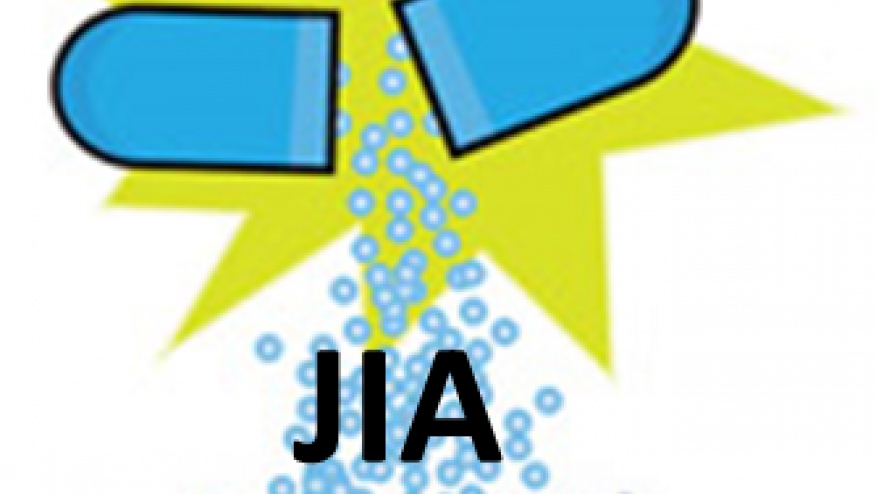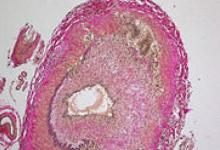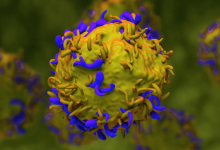Does Antibiotic Exposure Increase the Risk of JIA? Save

According to the CDC, between 4300 and 9700 children under the age of 16 are diagnosed with juvenile idiopathic arthritis each year - the cause of which is unknown.
Horton and colleagues published today (in Pediatrics) that taking antibiotics may increase the risk of JIA. They used a nested case-controlled retrospective analysis of a United Kingdom population database, Health Improvement Network (THIN) that includes over 11 million people drawn from >550 general practices in the UK.
There were 152 JIA cases found among 454,457 children and these were compared to 1520 children. They found a 2 fold increased risk of developing JIA compared to children the same age who were not prescribed antibiotics (adjusted odds ratio 2.1 [95% confidence interval: 1.2–3.5]). The more courses of antibiotics prescribed, the higher the risk (Citation source http://buff.ly/1TMj0gt). Interestingly, this association was found with any antibiotic and was not limited to drug or class of antibiotics.
The authors noted that while "a majority of children get antibiotics, only about 1 in 1,000 get arthritis. So even if antibiotics do contribute to the development of arthritis, it's clearly not the only factor."
An accompanying editorial ponders whether this association is evidence of an altered microbiome yielding an increased risk of JIA (Citation source http://buff.ly/1Mg1eQx). The current study was prompted by other studies showing antibiotic use may portend a risk of inflammatory bowel disease. Hence the finding of dose related antibiotic use and frequent infections being associated with JIA risk are potentially supportive of the hypothesis of microbiome alteration.
There are a few concerns regarding this study and its conconclusions. First, the results should be replicated before we start to avoid antibiotics as means of avoiding the rate instance of JIA. The authors lump all JIA subtypes (pauci- or polyarthritis, systemics, enthesopathy related, spondyloarthritis, etc.) in this report, when it appears that each of these has a distinctly different etiology and clinical course. The diagnosis of JIA was not verifed by rheumatologists but instead were identified by coding in general practice. The JIA group as a whole had significantly more infections, hospitalization for infections and evidence of associated autoimmune features, such as psoriasis and uveitis. Mothers of these JIA patients were also more likely to have preexisting autoimmune disease as well.
It is nevertheless intriguing to note that environmental factors like infection and antibiotic use may contribute to the risk of an autoimmunity and juvenile arthritis.










If you are a health practitioner, you may Login/Register to comment.
Due to the nature of these comment forums, only health practitioners are allowed to comment at this time.